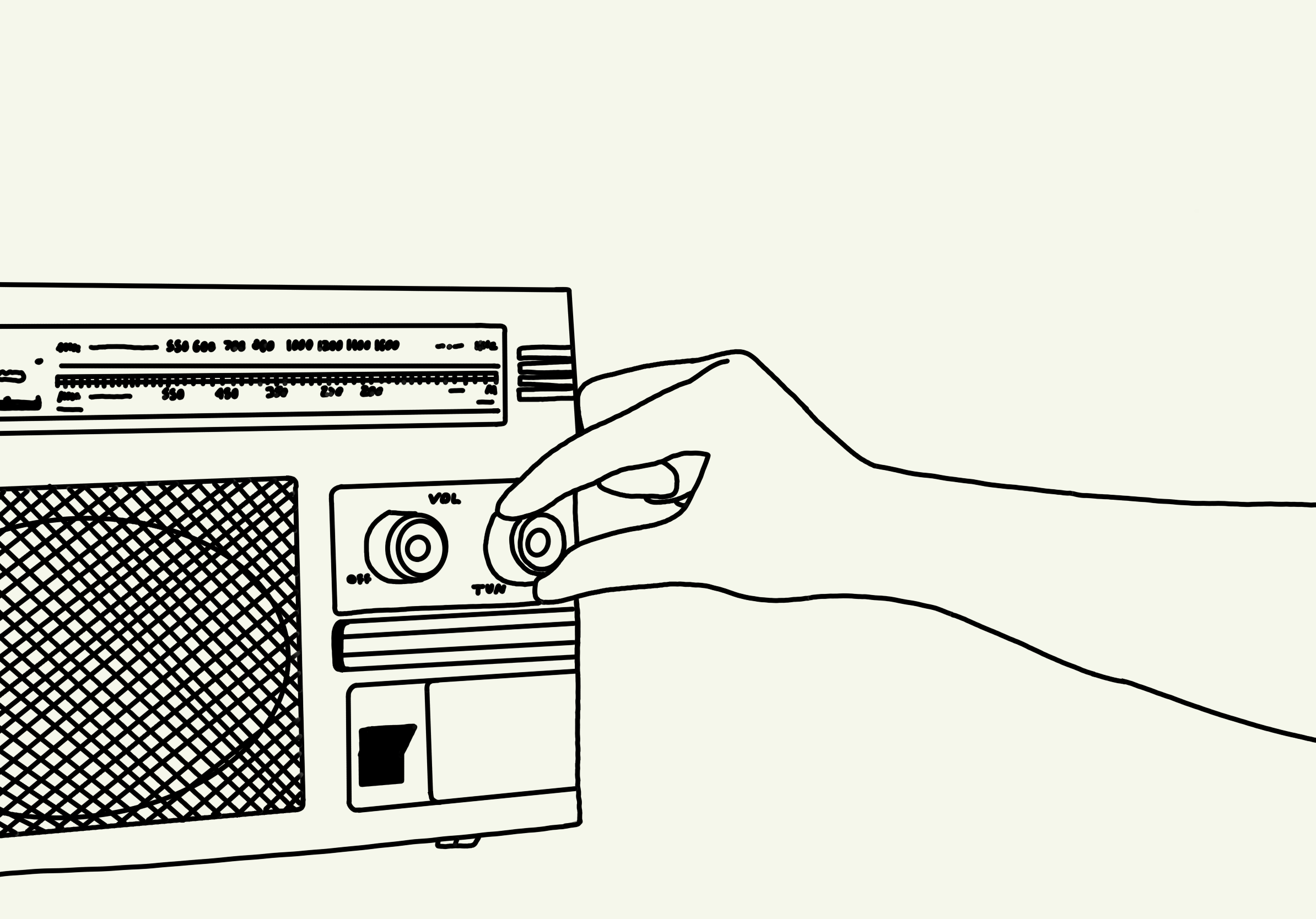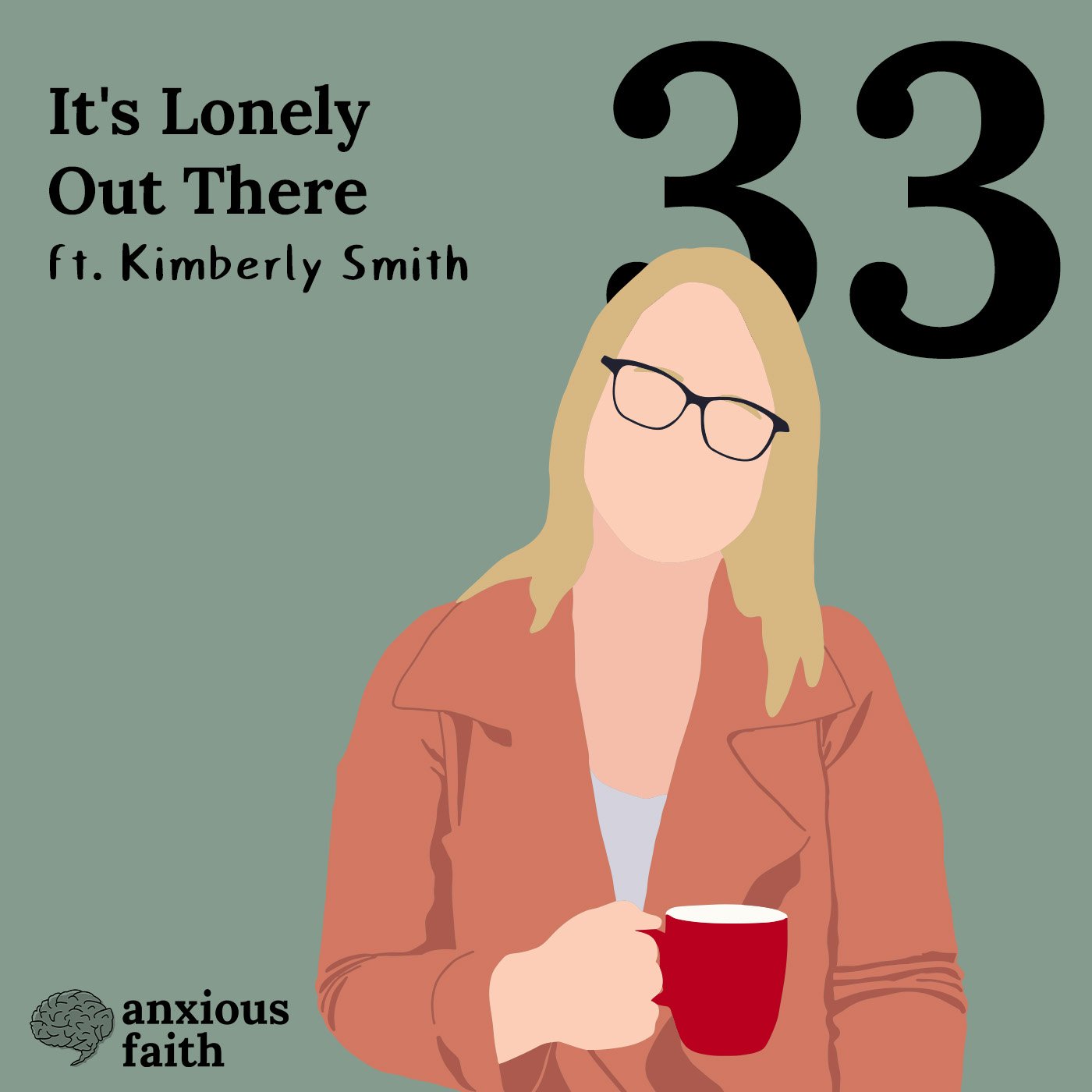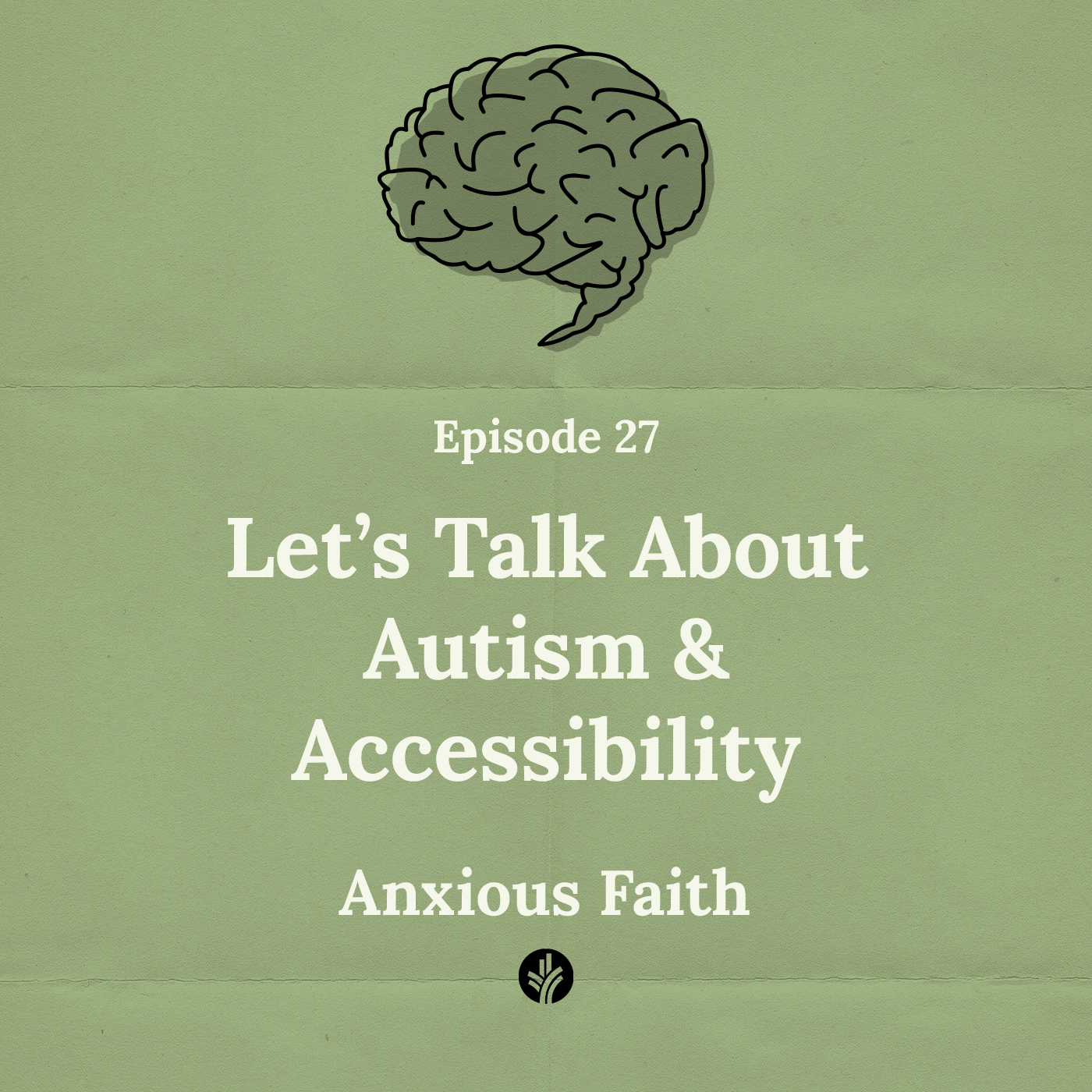3 Ways the Church Can Love an Autistic Person Like Me
Written by Madeleine Grace Scholefield, Australia
In this article, Madeleine shares her experience as an autistic person. Please note Madeleine uses ‘identity-first’ language, i.e. autistic person, because evidence suggests this is how the majority of autistic people prefer to be addressed.
I felt like a fraud during worship.
Not because I didn’t mean what I was singing to God; no. It was because I was so overwhelmed by all the lights, sounds, touches, smells and things happening around me. I just couldn’t focus on Him.
The church’s stage lights were swivelling overhead, continuously changing colour from purple to orange to red. A faint, high-pitched scream came from one of the speakers, but judging from the lack of reaction, I thought I must be the only one who could hear it.
A person next to me lifted their hands in worship and my skin prickled all over as their elbow brushed mine unexpectedly. The woman behind me was wearing perfume so strong it was sending my head spinning, and a toddler running up and down the aisles had captured my periphery. I felt trapped and overwhelmed.
I’m sorry, God, I whispered in my head. I want to worship you. But not like this. I can’t.
Is it just me? I asked Him. Am I the only one struggling?
Many Parts of One Body
I was diagnosed with Autism Spectrum Disorder at the age of 22. In many ways it came as a surprise, but it also made a lot of sense. It’s helped me understand that there’s a reason why I struggle with things that others don’t seem bothered by. Since my diagnosis, I’ve been able to learn a great deal about autism and what that looks like for me.
“My diagnosis has also revealed why I’ve often struggled to find my place in the church. I’ve sometimes felt like I’m the odd one out. ”
But actually, God has been teaching me what it means to be ‘many parts of one body’. We all have a unique role to play in God’s work, and we’re all needed as part of His body. “In fact”, as Paul writes, “God has placed the parts in the body, every one of them, just as he wanted them to be” (1 Corinthians 12:18). I’ve wrestled for a long time with knowing what my place is in the Church. There are lots of things I find difficult, and it can sometimes feel like I’m more of a burden than an asset to God’s kingdom. But that’s not the case.
I’ve come to realise that God has gifted me, and that those gifts aren’t there in spite of my Autism, they’re there because of it.
3 Ways You Can Love Autistic People Well
Today is World Autism Acceptance Day, and in honour of that, I’d love to share some ways you can love those of us who are on the spectrum – not just on this specific day, but throughout the year. Everyone is unique and different – the same is just as true for autistic people. One person’s experience of autism is different from another person’s. I hope that the three things I’ve listed below will help you get started in loving autistic people well.
1. Be Our Friends
This first one might sound obvious, but it’s important to note. Be our friends.
We probably all know someone who is “on the spectrum”. Before I was diagnosed, I knew a few people at my church were ‘different’ and ‘quirky’. Sometimes it was because they wouldn’t make eye contact. Other times, I noticed they talked about really specific interests long after I’d tuned out. And the sad part? I didn’t know that I was one of them.
I’m often struck by how Jesus went out of his way to include those who were excluded from society, and who probably didn’t have many friends. We don’t know if the people Jesus befriended were autistic, but we do know that they were the kind of people who didn’t always ‘fit in’ and probably felt like they were left out.
And how did Jesus treat these people? Not only with respect and dignity, but with the love of a friend walking beside them. Think of the Samaritan woman at the well: Jesus not only crossed profound social boundaries by approaching her, but he also talked to her as a friend, as someone willing to share his life with her – even willing to share the same drinking cup (John 4:1-9).
Although I don’t like to admit it, I didn’t always make the effort to include people who were ‘different’. Since my own diagnosis, however, I’m much more in tune with what it means to be a good friend to others, and am so much more grateful to my own friends who show patience and ask questions when they don’t understand.
“What does it feel like?” My friends ask me. “How has it impacted your life?” “What do you love about being wired this way?” “Is there anything we can do to support you better?” When friends ask questions like this and take the time to listen, it makes me feel valued. Of course, not every autistic person will want to talk about their experiences, but it doesn’t hurt to ask if they’d like to.
2. Try Seeing the World Through Our Eyes
My parents used to get frustrated with me when I refused to pick things up from the supermarket for them. They didn’t understand why going there was such a big deal for me. So one day when we were out together, I tried explaining what I was experiencing.
“See those cracks in the pavement?” I asked them. “I can’t walk on them, or it’ll feel uneven. I can’t hold the milk carton because the condensation will drip down my arm and it feels awful. The radio is noisy and the lights are buzzing and the colours in this aisle clash and…”
My parents were shocked. To them, our grocery trip was a trivial part of the day. They’d never realised that to me, it was the hardest part of my week.
You don’t have to share the same experience with an autistic person to have compassion. It’s enough to try and understand that how we experience the world is very different.
3. Be Flexible Where You Can
Because of these differences, I sometimes need help adjusting.
Of course, churches can’t always cater to every individual’s specific needs. But what the body of Christ can do is strive to understand how autistic people experience things, and make an effort to support us where possible.
When we catch up for coffee, my friends know that I like to sit in the corner away from the coffee grinder noise and bathroom queues. They take off their sunglasses so I can read their facial expressions, and they wait patiently when a noise interrupts our conversation and I have to catch my breath. Having people who make an effort to understand how I experience the world and do what they can to make that easier has made all the difference to me.
Adjustments aren’t just needed so that I can be comfortable or even simply ‘get through’ daily life or church services; they are also needed so that I can serve.
I was recently reminded of a passage where Peter is writing about serving God with the gifts He’s given us. He writes how we should use our gifts not only to serve God but also to serve each other so that together we might all serve God. He writes, “Each of you should use whatever gift you have received to serve others, as faithful stewards of God’s grace in its various forms” (1 Peter 4:10).
Part of church life is about serving one another as we ultimately serve Jesus. I hope to use the gifts that I have because of my autism to serve others. But in order to serve others with my gifts, I may also need others to support me or make small adjustments. There’s a sense of mutual service here: I serve you, you serve me, and together we all serve God and reach out to the world for Him.
Take this scenario, for example: we might have someone in our church who is an incredibly gifted double bass player. When they play that big, heavy instrument, they add to the sound of the church glorifying God in a powerful and beautiful way. Their ability to play that instrument is incredible, but perhaps they face a simple problem: they can’t fit it in their car. They need someone with a bigger car who is willing to adjust their own plans to help get this person’s instrument to church. So here is the opportunity to serve the double bass player so that they might then serve God and the community with their gift.
Sometimes, as an autistic person, I’ll need that kind of support if I’m to serve you and to serve God with the gifts He’s given me.
Conclusion
If you’re reading this as an autistic person, I want you to know that you’re not alone, and that there is a place for you here.
And if you’re reading this as someone wanting to understand more about the autistic experience and how to love your brothers and sisters on the spectrum, thank you. We need more people like you who are ready to listen and support us.
Being autistic isn’t exactly easy. Daily life can be a struggle and a lot of people won’t understand my experiences. And that’s why awareness is so important. With awareness comes understanding, with understanding, empathy, and with empathy, unity.
After all, as Paul wrote, the church “should have equal concern for each other. If one part suffers, every part suffers with it; if one part is honoured, every part rejoices with it” (1 Corinthians 12:25-26).
I pray we’ll all be more united as we seek God in everything we do!
Madeleine Grace Scholefield
Madeleine grew up as a third-culture kid on the missions field, who now uses her writing as a way to make sense of the world and to point people to the story of hope and grace found in Jesus. Madeleine serves full time with Our Daily Bread and currently lives in Adelaide with her husband, Matt.







What does being an autistic Christian look like, when church spaces are so often hard for me to be in? What does my relationship with God look like, when sometimes I have to fight my own mind and body just to sit with Him? Four years after my diagnosis, I’m still figuring it out. And so is the broader church, I think.